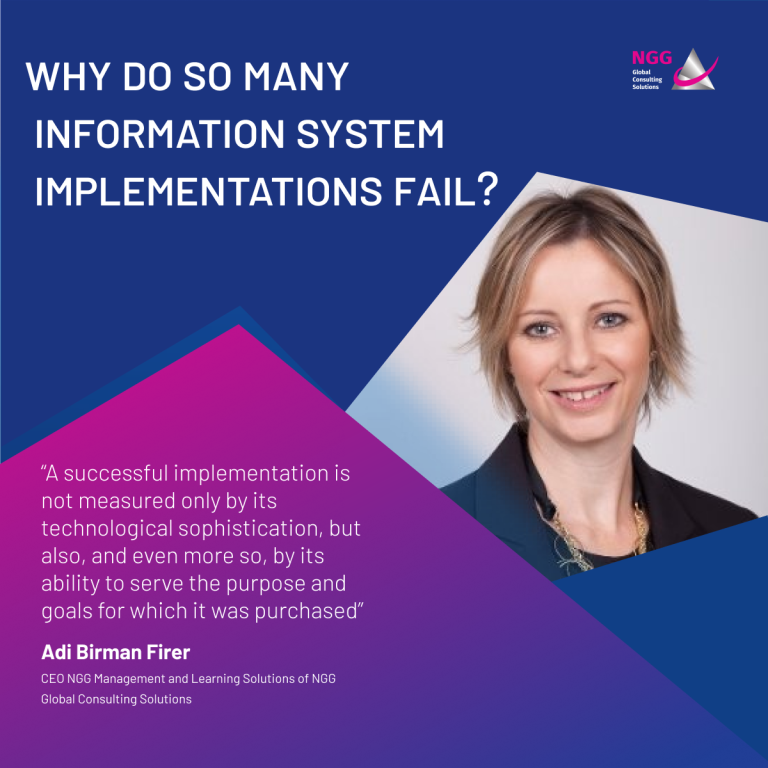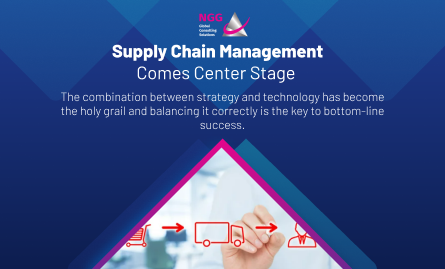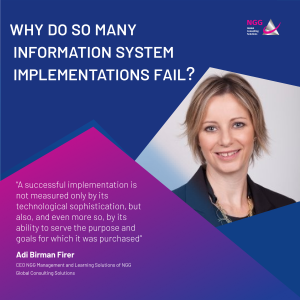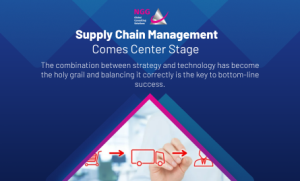Nili Goldfein, a senior partner in NGG, uses the Volkswagen case to spot the crossover from organizational ethics and values – to hefty sales deterioration and loss of credibility
2009 unveiled compiled calamity – world stock markets crashed, provoking daunting damage: years of recession, the shattering of eminent companies, thousands lost their jobs and all faith was lost in the capitalist system. A handful of researchers suggest chaos was born due to a moral declination, only to be documented through literature and film (for example, “The Wolf of Wall Street”).
The judicial system led to a piling collapse of plenty of companies, as well as the arrest of senior administrators (e.g. Enron, USA & Satyam Technologies, Inc., India), the stock exchange market suffered a great blow once again and the lack of public confidence in the government and banks dragged a global economic stumble.
Organizational Ethics and Values
In recent years – and until today, many professional organizations have returned to engage on issues of ethics, morals and values. Stock markets and financial press have suggested that a company’s worth, for the purpose of sale or IPO, is also measured by the corporate culture and values the organization is based upon. Values, moral, integrity, code of ethics and willingness of the organization to recognize its mistakes (and pay for them) in a fair matter, on both micro and macro client levels, are seen as directly affecting the stock value, creating a sense of solidarity and belonging towards the talent.
In addition to corporate action in the professional field, governments drew lessons from the crisis as well. A market consisting of bribery, lacks a code of ethics and is saturated with moral conflicts is an unwelcoming one, particularly for investors in a globalized world.
A Classic Case of Distrust
One main example from recent years is the major automotive manufacturer – Volkswagen. Few years ago Volkswagen was caught falsifying data regarding air pollution. The American CEO, Michael Horn, paid an arm and a leg in damages and was forced to apologize on camera at a high-profile event. The company had endured a significant jolt in both sales and credibility.
This affair will not descend from the public agenda – which is for the better. This is an important reminder, a red flag, signaling a warning for any organization and CEO, whoever and wherever they might be. Last week, Volkswagen reached a settlement with the Justice Department on the case. The company was fined with the astounding amount of $4.3 billion, and 6 senior company employees face charges regarding evidence tampering and an attempted cover-up of the entire affair.
The Message is Loud and Clear
When it comes to business – do it right, or don’t do it at all. All one is left with is hope for the better, by which the legislator, judge and sovereign will burden the outlaws for doing business maliciously (and those same individuals behind bars for corruption, whatever shape it may take upon itself).
